Oil Hose
4 products
Showing 1 - 4 of 4 products
The Importance of Oil Hoses for Your Car: A Comprehensive Guide
Oil hoses are a vital component of a car's engine system, responsible for transferring and distributing essential lubricating oil to various engine parts. These hoses play a critical role in ensuring the proper functioning and longevity of your vehicle's engine. In this article, we will delve into the significance of oil hoses, their construction, maintenance, and the consequences of neglecting their care.The Role of Oil Hoses
Oil hoses act as conduits that transport engine oil from the oil pan to various engine components that require lubrication. The engine's moving parts, such as pistons, camshafts, and bearings, need a constant supply of oil to reduce friction, prevent excessive wear, and dissipate heat effectively. Proper lubrication ensures that these parts work smoothly and efficiently, minimizing the risk of damage and costly repairs.Types of Oil Hoses
There are typically two types of oil hoses used in cars:a. Rubber Hoses: These are the most common type of oil hoses and are typically constructed from high-quality synthetic rubber. They are cost-effective, flexible, and easy to install. However, rubber hoses may not be as durable as other materials and are more susceptible to heat, oil, and environmental damage.
b. Braided Stainless Steel Hoses: Braided stainless steel hoses offer enhanced durability and resistance to high temperatures, oil, and abrasion. They are commonly used in performance vehicles or high-stress applications. While more expensive than rubber hoses, their longevity and reliability justify the cost.
Signs of Oil Hose Problems
Recognizing signs of potential oil hose issues can help prevent serious engine damage. Some common indicators include:a. Oil Leaks: Puddles or spots of oil under the car may indicate a leak in the oil hose or connections. Addressing leaks promptly can prevent oil starvation in critical engine components.
b. Swelling or Cracks: Inspect the oil hoses regularly for signs of swelling, cracks, or deterioration. These issues can compromise the integrity of the hose and lead to leaks.
c. Engine Overheating: Inadequate lubrication due to a malfunctioning oil hose can lead to excessive friction and engine overheating.
d. Reduced Performance: If the engine is not receiving an adequate oil supply, it may result in reduced performance, decreased fuel efficiency, or rough idling.
Maintenance and Replacement
Regular maintenance is crucial for the health of your car's oil hoses. Here are some tips for keeping them in top condition:a. Inspection: Routinely inspect the oil hoses for any visible damage or signs of wear. Replace any hoses showing signs of deterioration promptly.
b. Hose Clamps: Ensure that hose clamps are secure and free from rust. Loose clamps can lead to oil leaks.
c. Temperature and Pressure Rating: When replacing oil hoses, use hoses with the correct temperature and pressure rating specified by the vehicle manufacturer.
d. Professional Checks: Include oil hoses in your regular car maintenance check-ups conducted by a qualified mechanic.
Oil hoses play a crucial role in maintaining the health and efficiency of your car's engine. Regular inspection, maintenance, and timely replacement of worn-out hoses are essential steps in ensuring your vehicle's optimal performance and longevity. By paying attention to these critical components, you can protect your investment and avoid costly engine repairs. Remember, a well-maintained oil hose system will keep your car running smoothly on the road for years to come.
Showing 1 - 4 of 4 products
Display
View
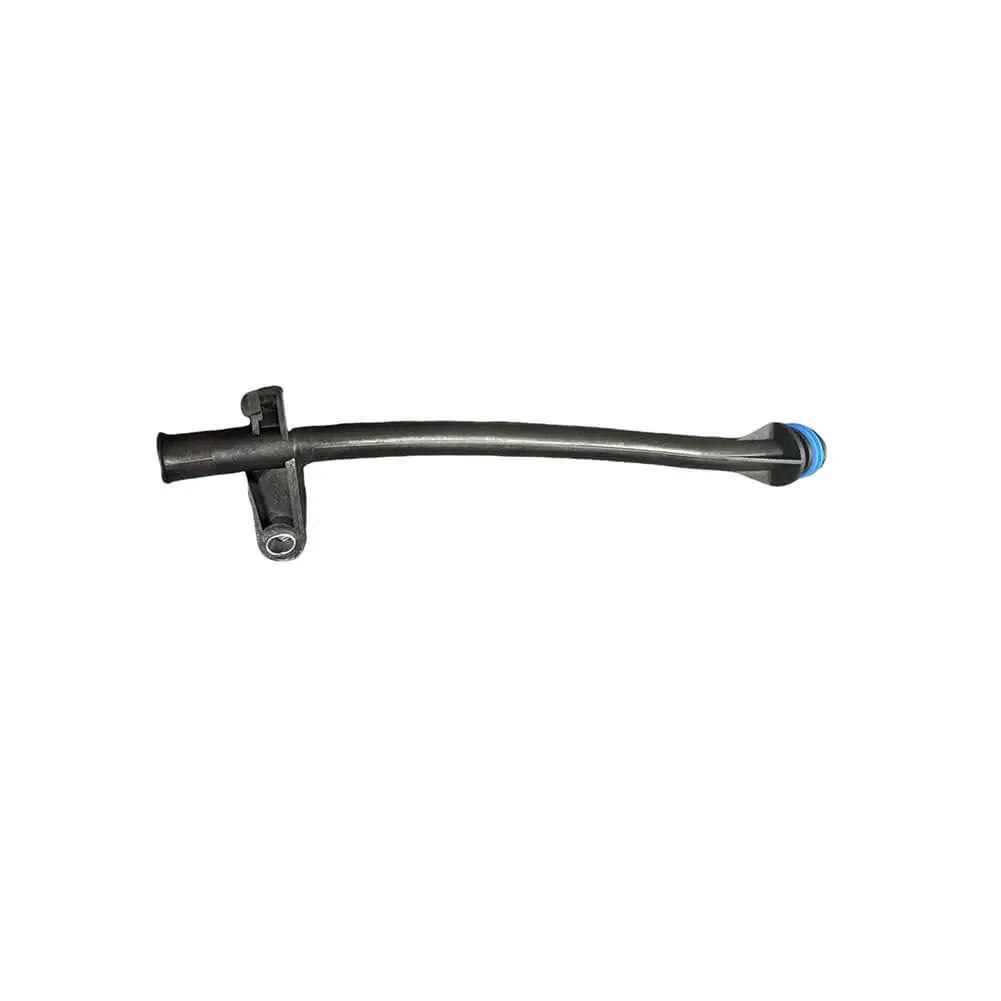
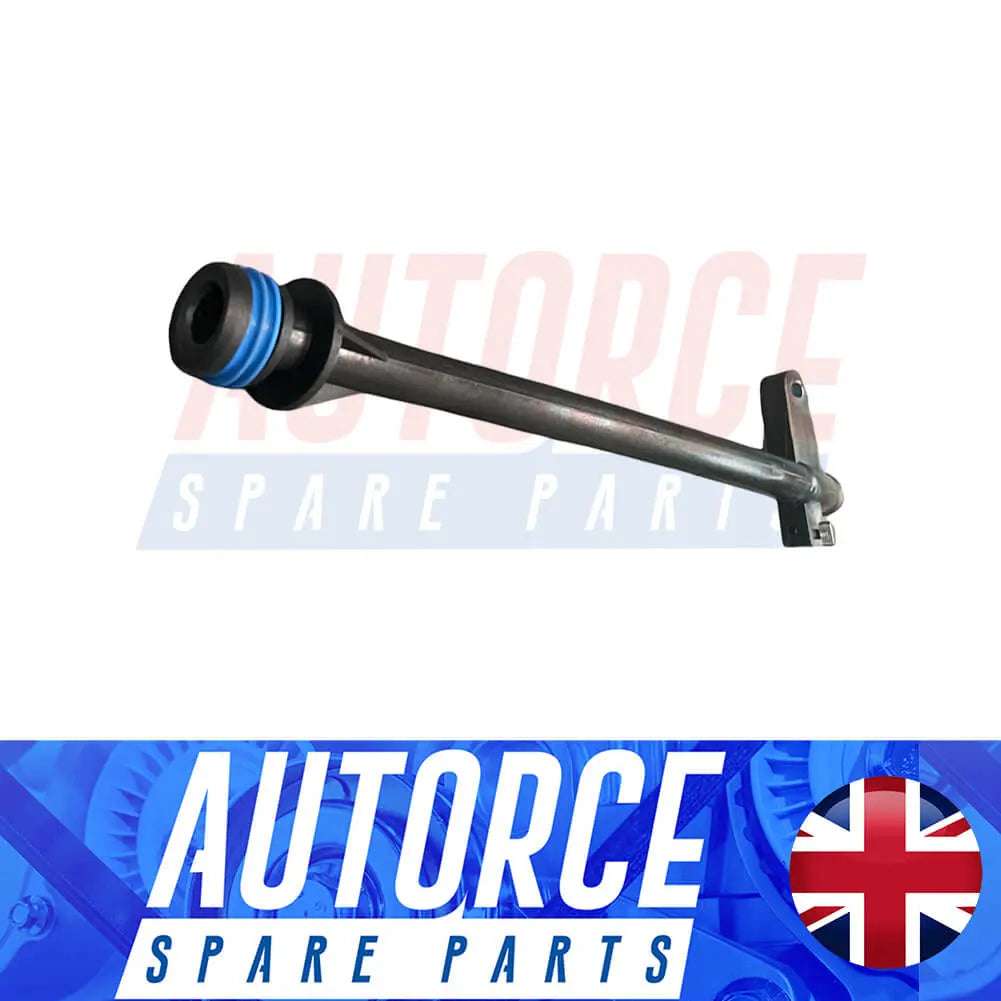
Oil Level Rod Pipe For Ford Fiesta Focus Tourneo Transit Connect - YS6Q6K815AC
Only 5 units left
Sale price£11.40
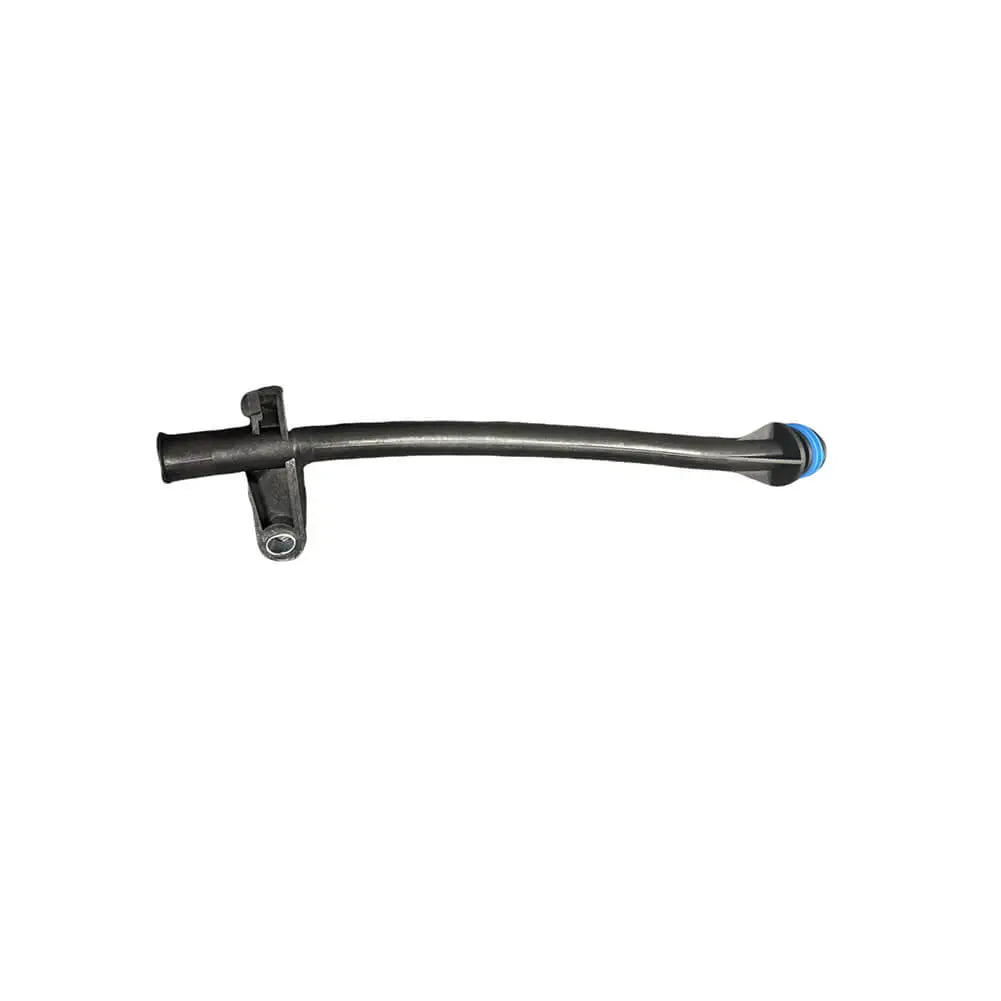
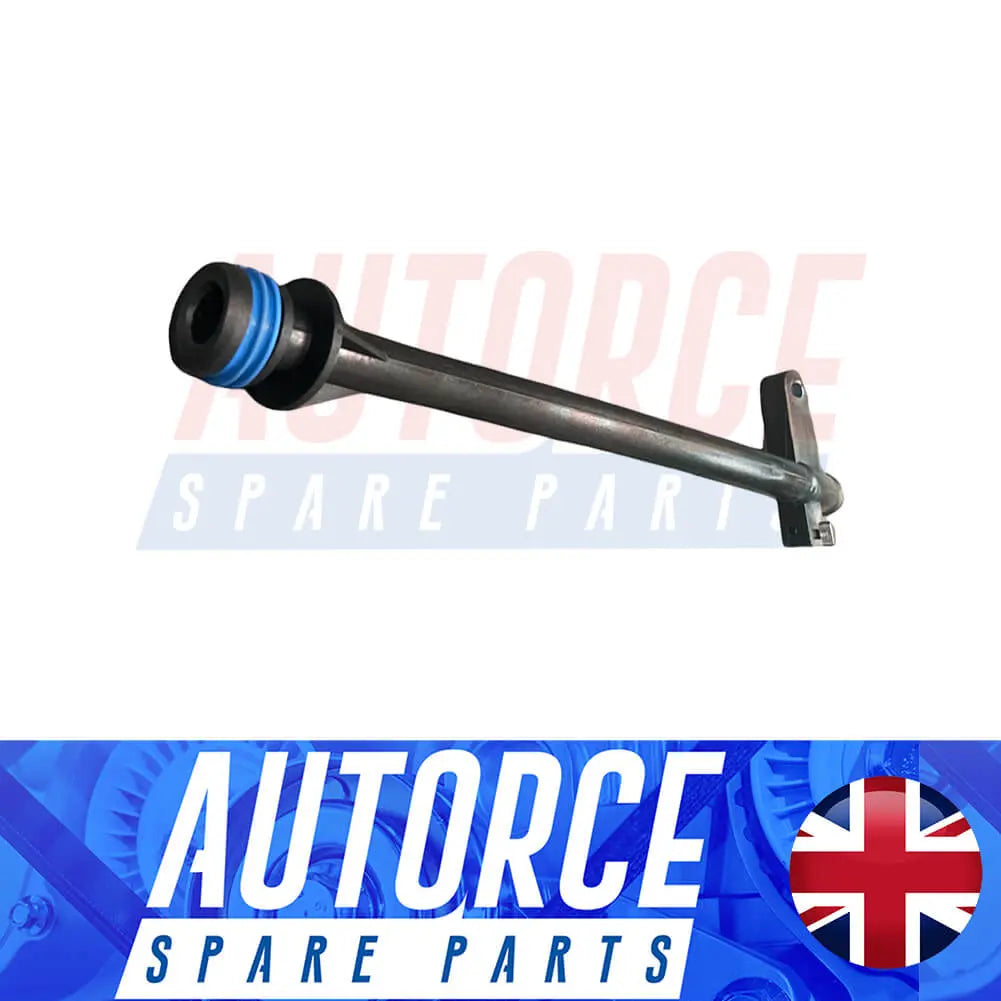
Oil Level Rod Pipe For Ford Tourneo/Transit Connect 1.8 TDCi - 7T1Q6K815AA
Only 1 unit left
Sale price£10.40
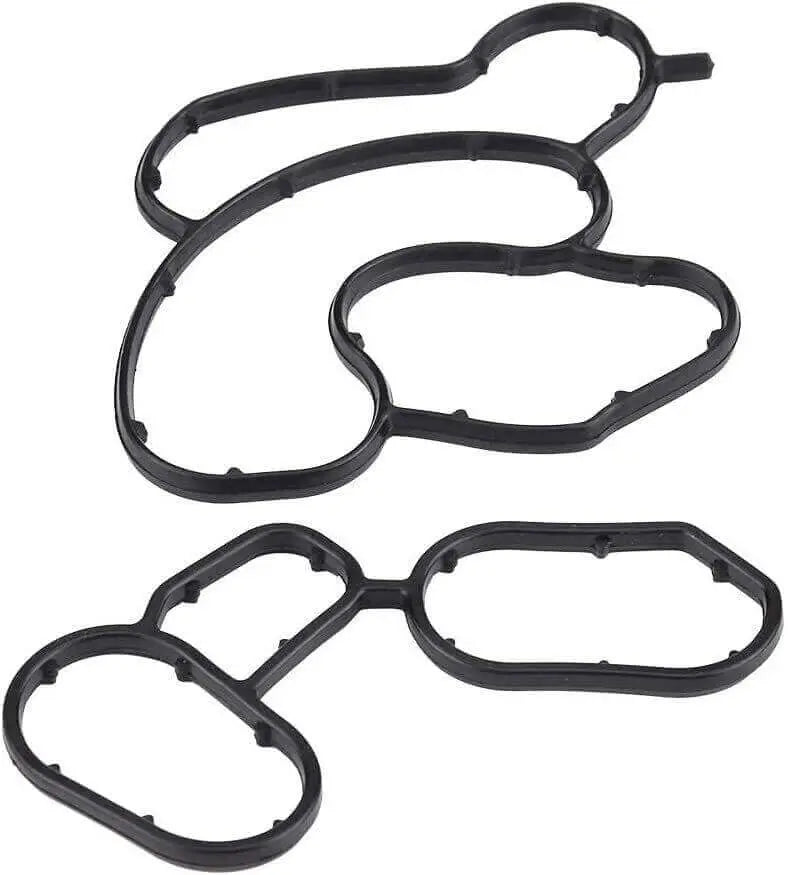
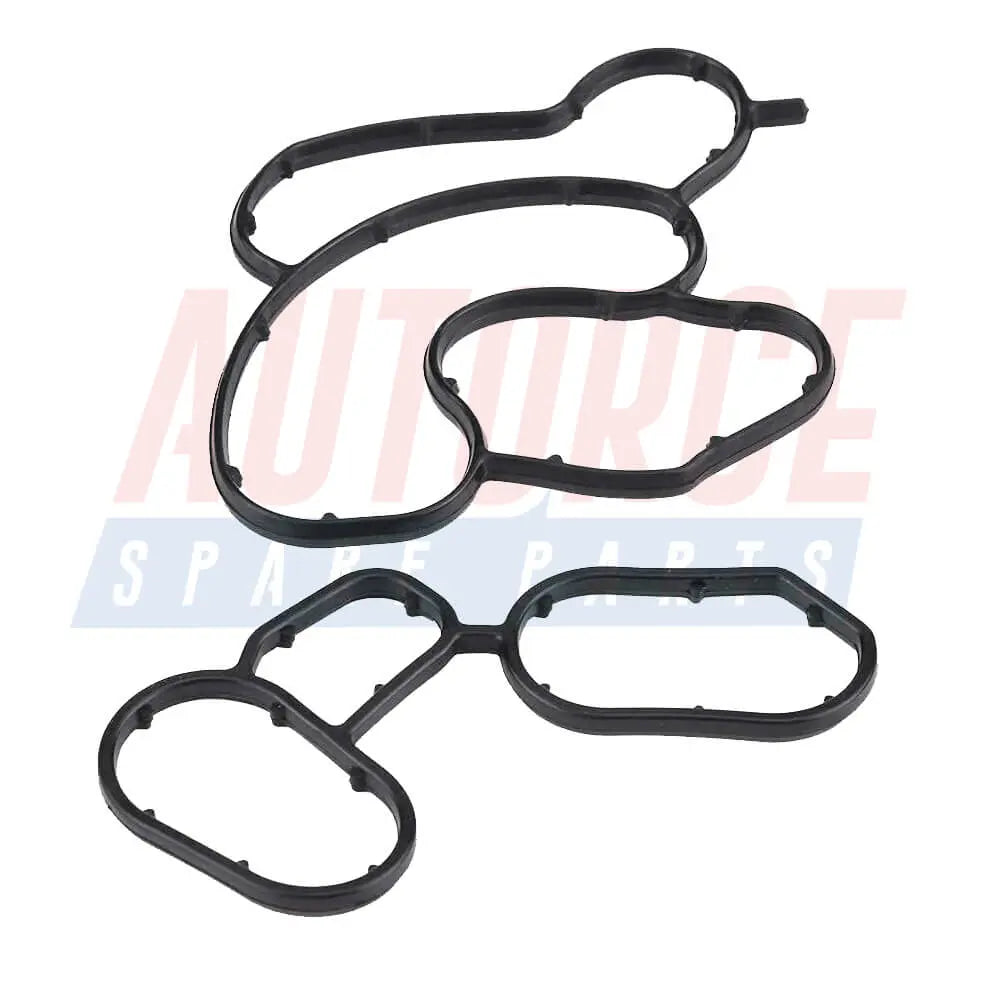
Oil Filter Housing Gasket Seal Set For BMW 1 3 5 Series X1 X3 Z4 - 11427508970, 11427508967
In stock, 50 units
Sale price£9.90
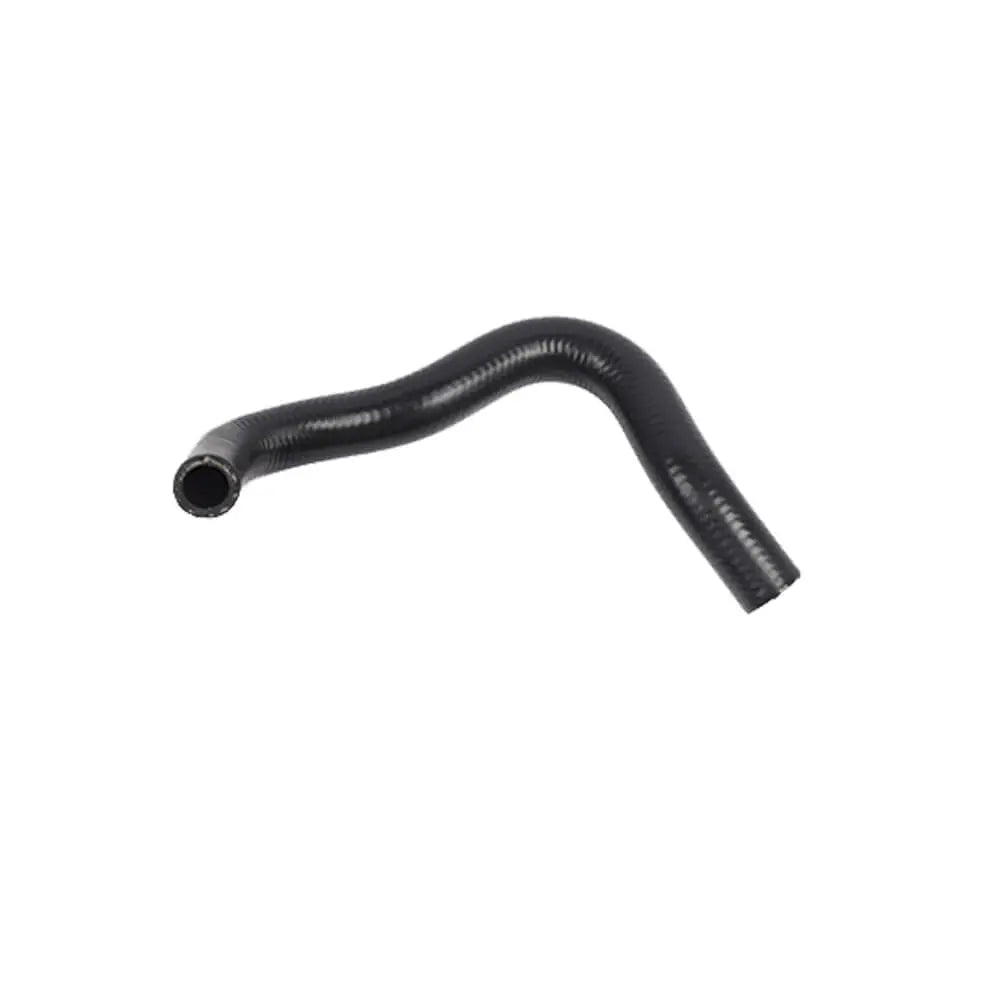
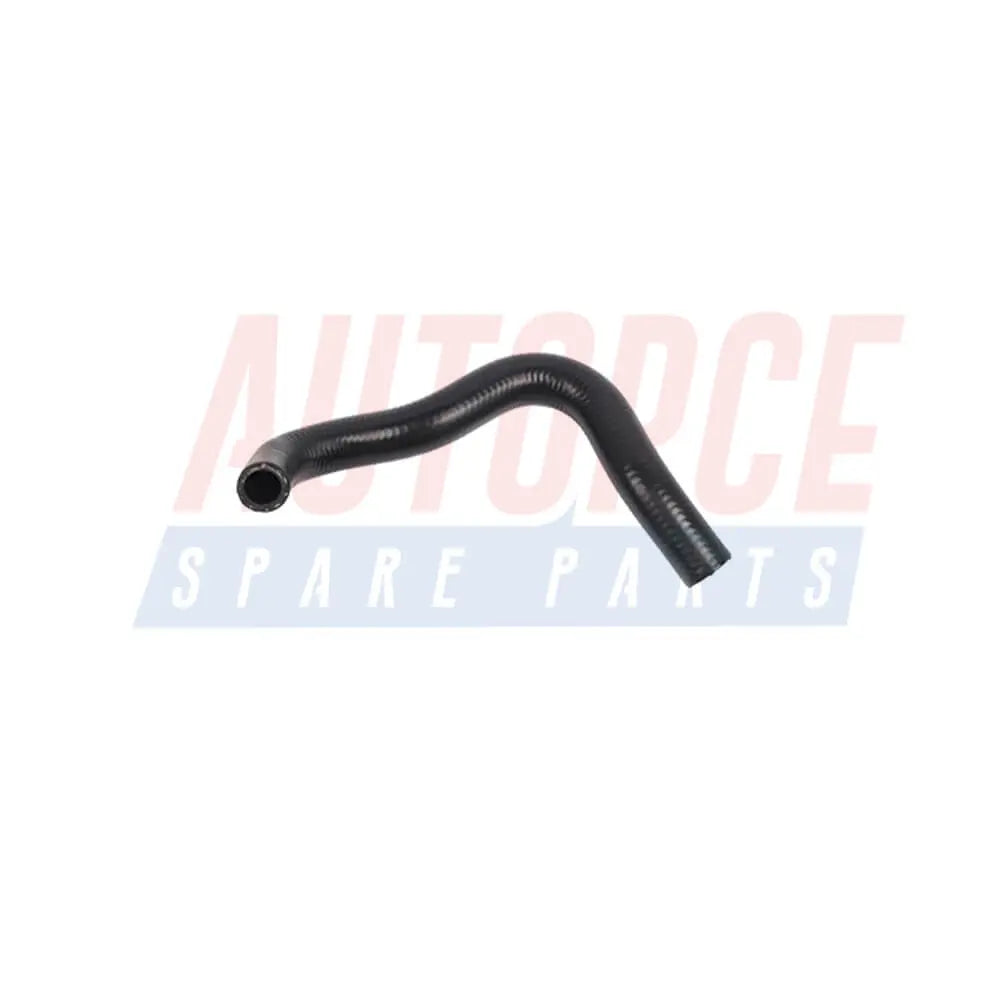
Cooling Hose Pi̇pe For Ford Transit Transit V363 2.2 TDCi RWD (2011 - 2016) CK3Q8N039AA, 1814760
Sold out
Sale price£9.75
Filters (0)
